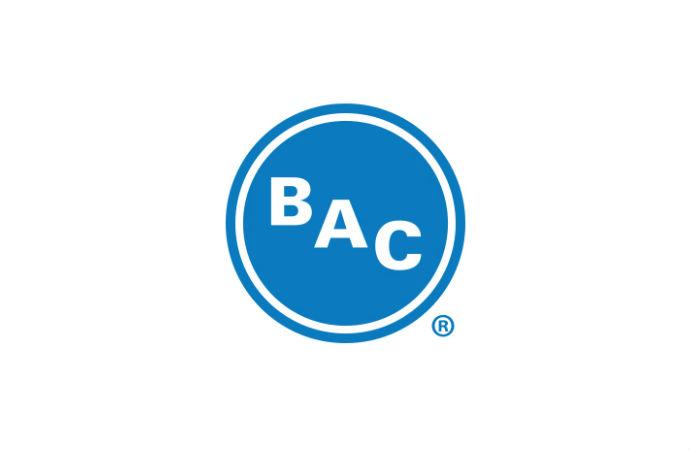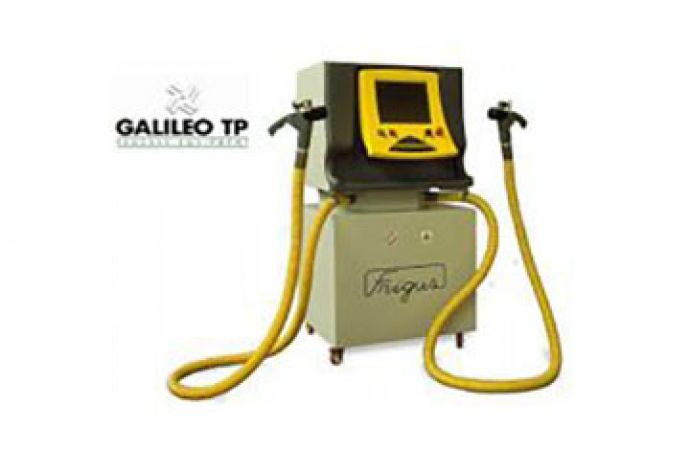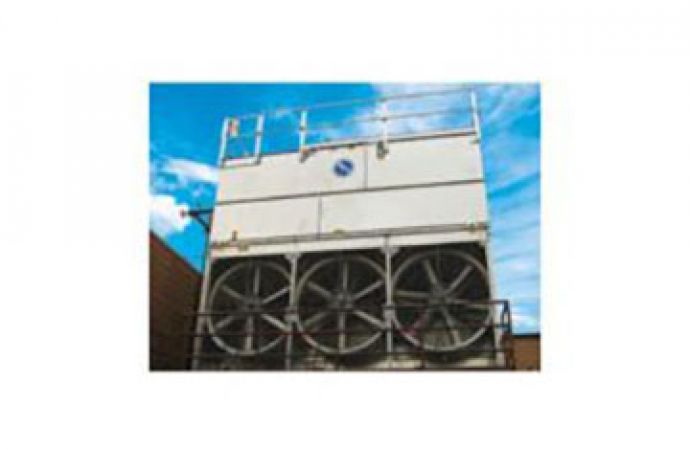hydrocarbons21.com presents some of the most popular news on our website, to showcase the developments in 2012 with hydrocarbon-based technology.

In 2012, the use of hydrocarbon refrigerants in the refrigeration systems of restaurants, food retail and consumer brands continued to increase. In Europe, USA and Australia, hydrocarbons refrigerants have been covered by national and regional regulations, industry standards and training programmes. In developing economies, large-scale production of HC air conditioners and hydrocarbon refrigerants has been launched. Manufacturers and suppliers are getting ready for a rising demand of hydrocarbon products in the market worldwide.
Hydrocarbons in commercial refrigeration
ATMOsphere Europe 2012: Global consumer brands to accelerate transition to natural refrigerants: In the consumer brands session organised by “Refrigerant, Naturally!” at this year’s ATMOsphere Europe, a positive message was delivered by cold drink giants Unilever, Red Bull and the Coca-Cola Company: They will increase the use of natural refrigerants to meet their cooling needs in all countries that they operate in.
McDonald’s Europe installs over 3,300 pieces of HFC-free refrigeration equipment: As part of McDonald’s Europe’s promotion of HFC-free refrigeration technology the company has installed over 3,300 HFC-free meat freezers, frozen fry dispensers, reach-ins and salad displays, demonstrating their commitment to an HFC-free future.
Nestlé: Over 11,000 hydrocarbon ice cream freezers in 7 countries: Nestlé is now shifting the focus to reducing the carbon footprint of smaller refrigeration systems. Over 11,000 ice cream freezers in seven countries operate with hydrocarbon refrigerants, such as propane and butane, which Nestlé has identified as the best currently available alternatives to synthetic refrigerants.
Leading UK retailer inaugurates HC equipped training facility: Peter Terry, head of maintenance at John Lewis Partnership and Waitrose, the British retailer that has been rapidly rolling out hydrocarbon-based HFC-free refrigeration systems, has formally opened WR Refrigeration’s new HFO/HC/CO2 European Training Academy near Birmingham, UK.
Developments with regulations and standards on hydrocarbons globally
China releases national safety standard for flammable refrigerants: At the end of June 2012, China released a national safety standard for flammable refrigerants, which will come into force on May 1, 2013. The new safety standard formally allows the adoption of flammable refrigerants like R290 in the production of air conditioners in China. It could potentially accelerate the market uptake of R290 air conditioners in the Chinese market.
Switzerland to introduce HFC bans in several AC and refrigeration applications: Switzerland has announced its strengthened national F-Gas policy. The new regulation will be introducing HFC bans in a series of air-conditioning and refrigeration applications as of 1 December 2013.
SNAP: Hydrocarbon refrigerants rule explained: On 2 February 2012, Margaret Sheppard from US Environmental Protection Agency and leader of the Significant New Alternatives Policy (SNAP) Program, gave a webinar on the SNAP hydrocarbons rule to be enforced in the USA from 21 February 2012.
Draft ISO standard slashes HC charge limits on safety grounds: A draft ISO safety standard would restrict the maximum allowable refrigerant charge of flammable hydrocarbon refrigerants in several applications as well as tighten ammonia limits, whilst exempting newly developed chemical refrigerants that are also flammable from similar provisions. ISO members voted down three out of four parts of the draft standard.
Australia: 300% increase in HFC prices is likely to accelerate shift to natural refrigerants: Australia faces a carbon equivalent price imposed on imports of hydrofluorocarbons (HFCs) increasing their cost by more than 300%. The dramatic price rise is believed to increase the uptake of technologies relying on low GWP refrigerants such as hydrocarbons, ammonia and CO2.
New developments of hydrocarbons in developing countries
Indian manufacturer launches R290 AC production line: A new production line of split and window-type R290 air-conditioners (ACs) has been inaugurated in India by Godrej & Boyce Mfg. Co. Ltd. With the highest energy efficiency in their class, the hydrocarbon refrigerant based ACs constitute a great value proposition for Indian consumers.
China’s largest HC production base starts operations: China’s largest ultra-pure hydrocarbon refrigerant production base officially started operating on 16 November 2012, to produce 300,000 tonnes per year. The investor Shandong Huachao Chemical Co., Ltd. plans to establish another production programme specialised on isobutane (R600A).
Cuban experience with LB12 – exclusive interview with Rafael Quintero Ricardo: After the collapse of the former USSR and the US embargo, Cuba suffered a shortage of refrigerants, a situation that led Cuban researchers to develop the hydrocarbon mixture LB-12. Over 700,000 domestic refrigerators and 10,000 small commercial systems were converted to the blend.
HC training becoming increasingly important in Caribbean countries: In Caribbean countries, natural refrigerants have been identified as possible options to replace ozone-depleting hydrochlorofluorocarbons (HCFCs). An overview of work done during the Grenada training workshop, and news regarding the formation of a working group to form a Regional RAC association for the English-speaking Caribbean and Haiti.
Hydrocarbons are highlighted in Global HVAC&R events
Live from Chillventa! Latest HC products on show: The International Trade Fair for Refrigeration, Air Conditioning, Ventilation and Heat Pumps Chillventa takes place from 9-11 October 2012 in Nuremberg, Germany. Here is an extract of some of the companies displaying hydrocarbon products that we spotted on the trade floor.
Hydrocarbon refrigeration sweeps the board at RAC Industry Cooling Awards 2012: The RAC Cooling Industry Awards 2012 was a bumper edition for natural refrigerants, with hydrocarbons picking up awards in many categories ranging from International Achievement of the Year to Refrigeration Innovation and Product of the Year.
In the annual National Restaurant Association (NRA) trade show, exhibitors pointed out key issues in relation to building codes, standards, training, and refrigerant charge limitations that need to be resolved first to make the US food & drink industry adopt the “green gas” R290.
Hydrocarbon products and market prospects from the AHR Expo in Chicago: The US trade show AHR Expo demonstrated that many American and European companies are getting ready for a rising demand of hydrocarbon components on the US market.
Latest research on R290 technology from Purdue Conferences: This summer the 21st International Compressor Engineering Conference and the 14th International Refrigeration and Air Conditioning Conference took place on the campus of Purdue University in West Lafayette, Indiana. Below hydrocarbons21.com summarises some of the latest research on R290 refrigeration technology presented at the conferences.
Design reducing refrigerant charge by 27% and safety standards at GL 2012: A comprehensive comparison of safety standards, novel designs resulting in lower refrigerant charge and new measures addressing the concentration of leaked refrigerants were presented at the 10th Gustav Lorentzen Conference.
MORE INFORMATION
Related stories


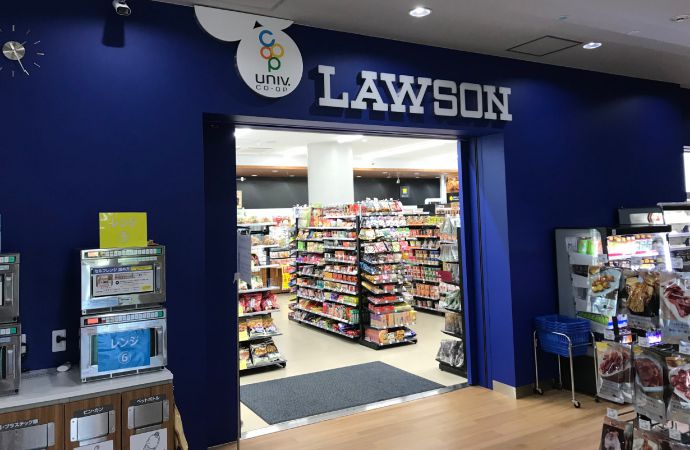
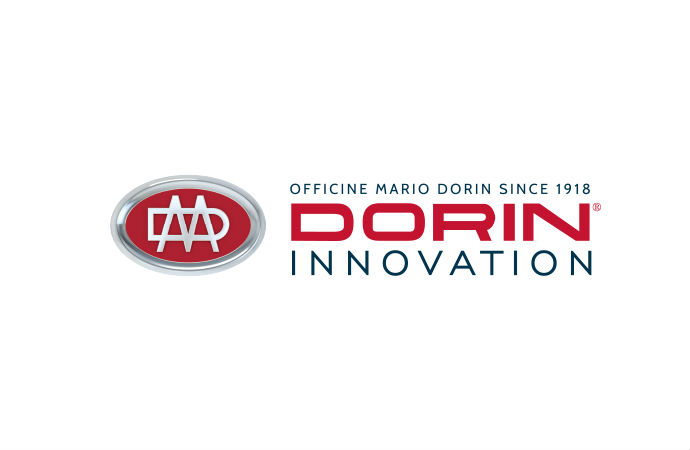

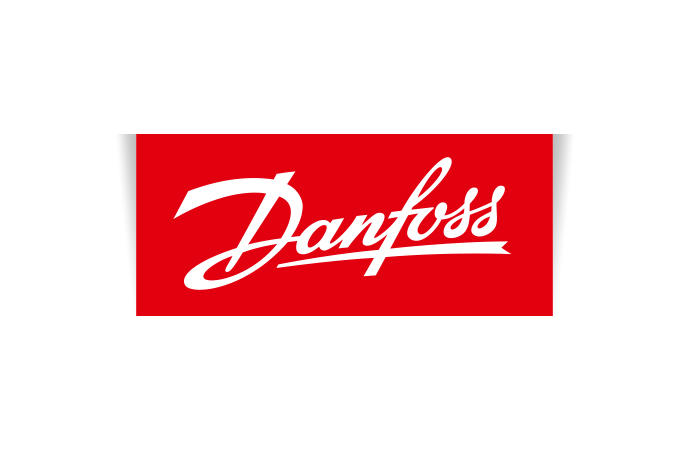
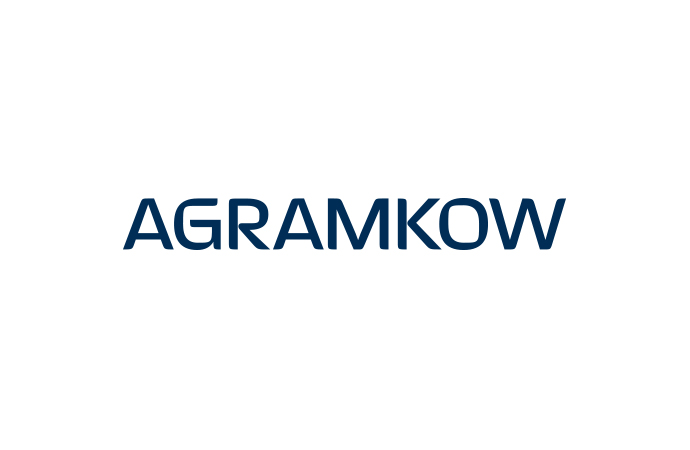
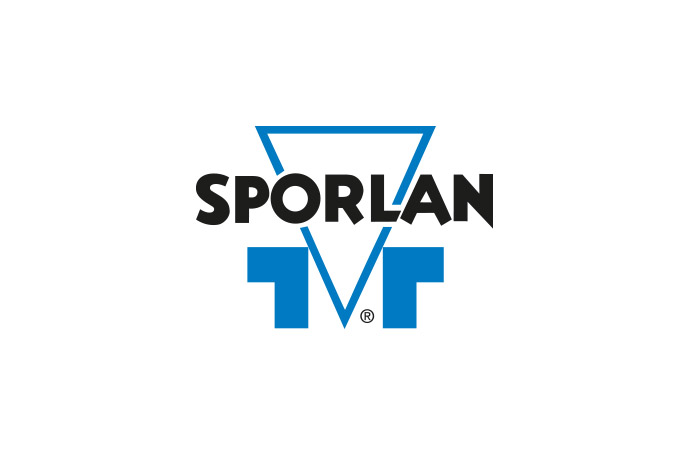
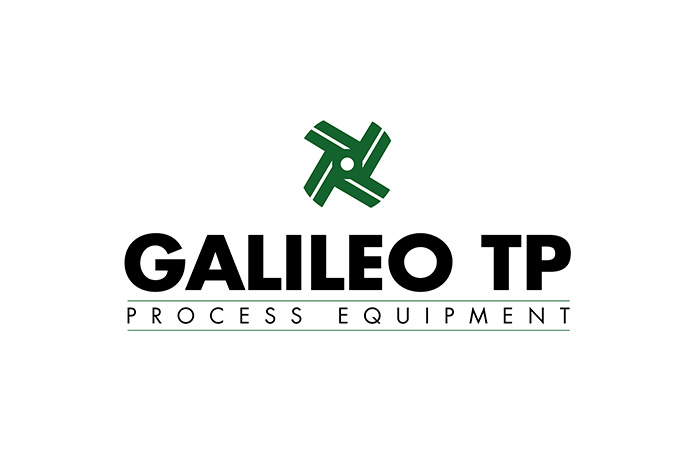

_1490973133.png)
